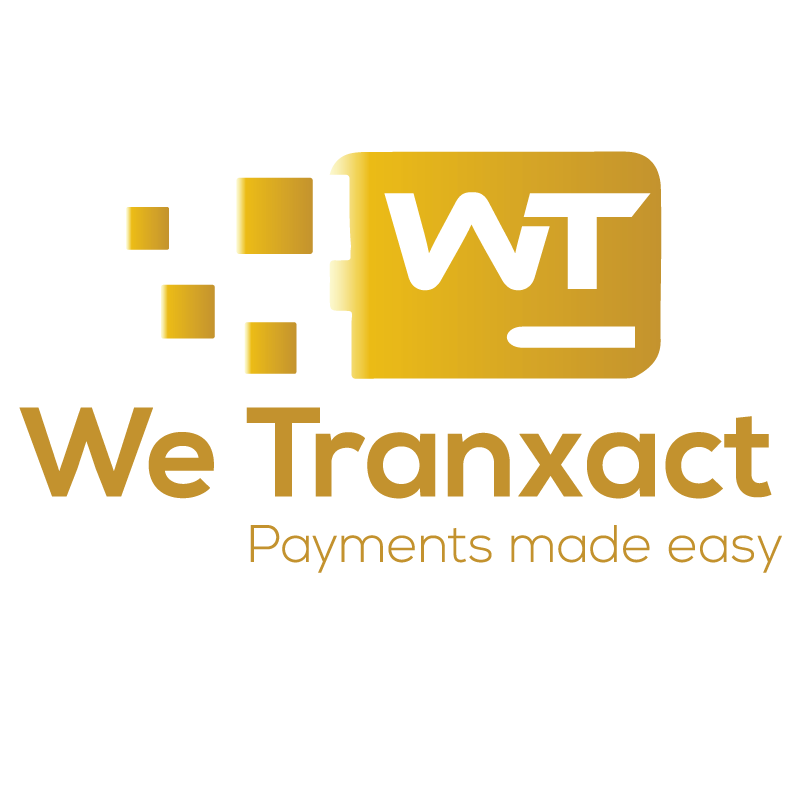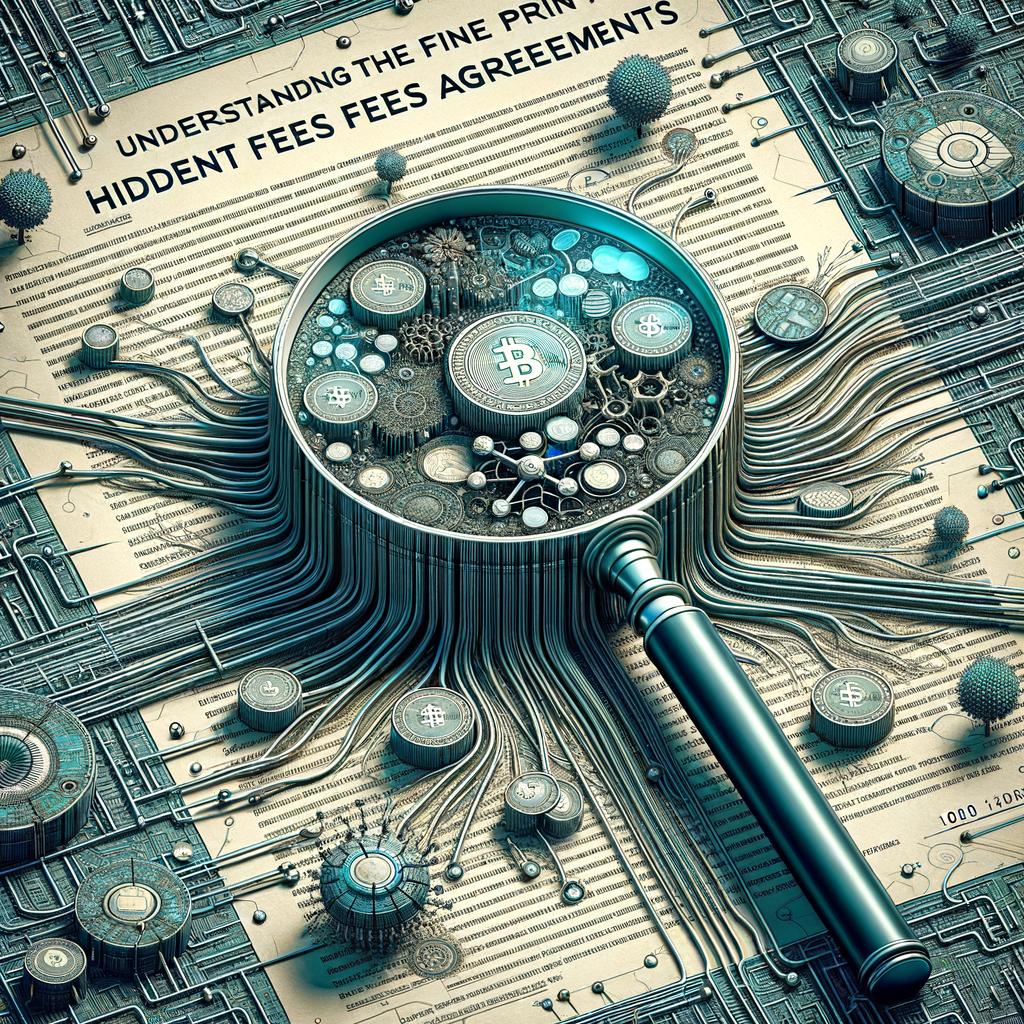Understanding the Fine Print: Hidden Fees in Payment Processing Agreements
Picture this: you’re excitedly signing up for a new payment processing service, ready to start making sales and raking in the dough. But wait – have you read the fine print? Hidden fees lurking in the shadows of those agreements could be wreaking havoc on your bottom line without you even realizing it. In this article, we’ll dive into the murky waters of payment processing agreements to uncover the sneaky charges that could be draining your profits. Buckle up, because it’s about to get real.
Unveiling the Mystery: What are Hidden Fees in Payment Processing?
Have you ever felt like there’s always something hidden in the fine print when it comes to payment processing agreements? Well, you’re not alone! Many business owners are often surprised by the hidden fees that come with processing payments. These sneaky charges can quickly add up and eat into your profits without you even realizing it!
So, what exactly are these hidden fees in payment processing agreements? Here are a few common ones to watch out for:
- Early Termination Fees – Some processors charge a hefty fee if you decide to switch providers before your contract is up.
- Statement Fees – Monthly charges for providing you with a statement of your transactions.
- PCI Compliance Fees – Charges to ensure your business is compliant with Payment Card Industry Data Security Standards.
Digging Deeper: Common Types of Hidden Fees You Should Look Out For
When it comes to payment processing agreements, there are often hidden fees that can quickly add up and eat into your profits. One common type of hidden fee to watch out for is interchange fees. These fees are set by credit card networks like Visa and Mastercard and are charged to merchants every time a customer makes a purchase using a credit card. Make sure you understand how these fees are calculated and negotiate with your payment processor for the best rates possible.
Another sneaky fee to be aware of is chargeback fees. Chargebacks occur when a customer disputes a transaction, and the funds are returned to the customer. Many payment processors charge a fee for processing chargebacks, so it’s essential to monitor your chargeback rate and work to reduce the number of disputes to avoid these extra costs. Don’t let hidden fees catch you off guard – take the time to read the fine print in your payment processing agreement and ask questions about any fees you don’t understand.
Protect Yourself: Tips for Identifying and Negotiating Hidden Fees in Payment Processing Agreements
When signing up for a payment processing agreement, it’s crucial to be vigilant about hidden fees that could sneak up on you. These charges, often buried in the fine print, can add up quickly and significantly impact your bottom line. To protect yourself from unexpected costs, here are some tips for identifying and negotiating hidden fees:
Warning Signs:
- Watch out for vague terms like “miscellaneous charges” or “additional fees.”
- Be wary of long-term contracts with penalties for early termination.
- Check for tiered pricing structures that may result in higher fees as your business grows.
Negotiation Tactics:
- Ask for a breakdown of all potential fees before signing the agreement.
- Consider negotiating a flat rate for processing transactions to avoid fluctuating costs.
- Seek out providers that offer transparent pricing and no hidden fees.
Transparency is Key: How to Ensure Your Payment Processing Agreement is Fair and Favorable
When it comes to payment processing agreements, it’s crucial to pay attention to the fine print. Hidden fees can easily sneak their way into your contract, costing you more money in the long run. To ensure transparency and fairness, here are some key tips to follow:
- Read the Contract Thoroughly: Don’t skim over the agreement. Make sure to read every line to understand the terms and conditions.
- Ask Questions: If something is unclear, don’t hesitate to ask for clarification. It’s better to be informed than to be surprised with unexpected charges.
- Compare Rates: Shop around and compare rates from different payment processors to ensure you’re getting the best deal.
- Watch Out for Hidden Fees: Look for hidden fees such as monthly minimums, PCI compliance fees, and statement fees. These can add up quickly if you’re not careful.
The Conclusion
So, next time you’re signing on the dotted line for a payment processing agreement, don’t forget to give that fine print a second look. Those hidden fees can sneak up on you when you least expect it! Remember, knowledge is power - so arm yourself with all the information you can to avoid any surprises down the road. Happy processing, savvy business owners!






